By Ginny Tan
The traditional image of the stiff-lipped lawyer smothered by towers of paperwork and time-consuming tasks is a caricature that is slowly disappearing from our sights.
As legal technology advances, particularly with the rise of document automation, legal professionals are embracing tools that streamline their workflow, improve accuracy, and enhance overall efficiency.

Modern law office with advanced legal technology and minimal paperwork
We are now, more than ever, struck by the need to ‘do more with less,’ and in a world where communication passes within seconds, firms and businesses are competing against their peers to deliver quickly without sacrificing quality. As financial and technological firms make leaps and bounds by implementing artificial intelligence (AI) and machine learning, legal firms who stand resolute and resistant to change will find themselves left behind. The integration of AI in legal services and legal document automation software is transforming how legal documents and legal forms are created and managed.
Influential and impactful changes that have rocked and disrupted the legal sector are demonstrated by the introduction of document automation. Legal tech companies are leading this transformation, providing cloud-based legal software that enhances law firm efficiency and optimizes legal workflows.
Document Automation
Legal document automation refers to the process of creating legal documents automatically within seconds and at scale. Document automation software are able to pull data and texts from a variety of legal sources and insert it into predefined areas on a document template.

Document automation process, showing data integration and document creation
Information can be readily translated from a client questionnaire onto a template such as a legal contract or other legal document templates. Templates can range from simple text blocks on a contract to being translated into complex tables, graphs, and images. This process, known as contract automation, is a critical component of legal process automation, reducing manual effort and increasing accuracy.
Document automation is an advantageous procedure for legal firms that need to assemble complex, data-driven documents and has many benefits. For instance, a normal contracting process involves:
Intake/Client -> Contract Drafting -> Negotiations -> Execution -> Manage
Document automation makes the contractual drafting stage faster and streamlines the procedure, removing the need for lawyers to shuffle terms and redraft general terms. Legal document management becomes more efficient, and firms can focus on high-value tasks rather than repetitive documentation processes.

Traditional document creation versus automated document generation
Benefits of Legal Documentation
Higher Efficiency
Document automation can create suites of related documents drawing from a variety of legal sources; improving business agility and freeing up lawyers to engage in high-value projects. With the best legal document automation software, lawyers can focus less on support tasks such as drafting and take charge as more strategic advisors on projects. Legal tech solutions also enable compliance automation, ensuring that legal documents are accurate and adhere to regulatory standards.
In some cases, document automation for lawyers permits clients to undertake responsibility in their own transactions if the firm offers a simple self-service option that will automate their necessary documents, such as in the case of simple property transactions. Legal documents online are becoming more common, providing clients with easy access to their needed legal forms and documents.
Firmwide Standardisation
It offers a firm-wide policy towards document creation that is uniform and easy to understand, contributing to legal workflow optimization. Legal technology companies are creating tools that ensure consistency across all documents, reducing errors and enhancing overall quality.

AI in legal services, transforming document management
Increased Accuracy and Compliance
For large firms, accuracy and regulation are prominent reasons to implement legal document automation. Human error is an unavoidable fact, but programmed or machine software can often avoid this stumbling block. Compliance automation, facilitated by AI in legal services, ensures that documents meet all necessary legal standards without the need for a large taskforce. If a single program can deliver accurate and regulation-compliant documents without the need for excessive personnel, the firm can save time and money.

AI analyzing legal documents for accuracy and compliance
Large firms handle vast bundles of legal documents and case files, which opens the business to a higher risk of errors that infringe on industry regulations or internal policies. Document automation is able to abide by the correct parameters in legal contracts and documents as long as it has been determined in the automation process. AI and law are increasingly intertwined, with legal AI ensuring that documents are generated according to the highest standards of accuracy and compliance.
Further benefits of document automation mean that firms can avoid wasted costs on unnecessary losses during litigation or business-damaging fines. Legal document management becomes more streamlined, reducing risks associated with non-compliance and enhancing the firm’s overall operational efficiency.
The Takeaway

Futuristic courtroom advanced by legal technology
As the legal market becomes increasingly crowded and firms compete to be the most efficient legal service providers, law firms must find newer and more attractive approaches to client servicing that out-compete their peers. Legal document automation can bring significant advantages, not just to firms but also to their clients. Advantages include those mentioned, as well as client and knowledge retention, increased volume of legal work, and ultimately, revenue.
Legal tech solutions, including cloud-based legal software, are at the forefront of this transformation, helping firms adapt to new challenges. AI in legal services is enabling more efficient legal document management, contract automation, and legal process automation, ensuring that firms stay competitive in a rapidly evolving market.
Whether through legal document automation, AI-powered compliance automation, or the use of legal document templates, legal technology is revolutionizing how law firms operate. For those who embrace these advancements, the future holds great potential for increased efficiency, accuracy, and success in the legal industry.
All images on this blog are generated by artificial intelligence.



Well written